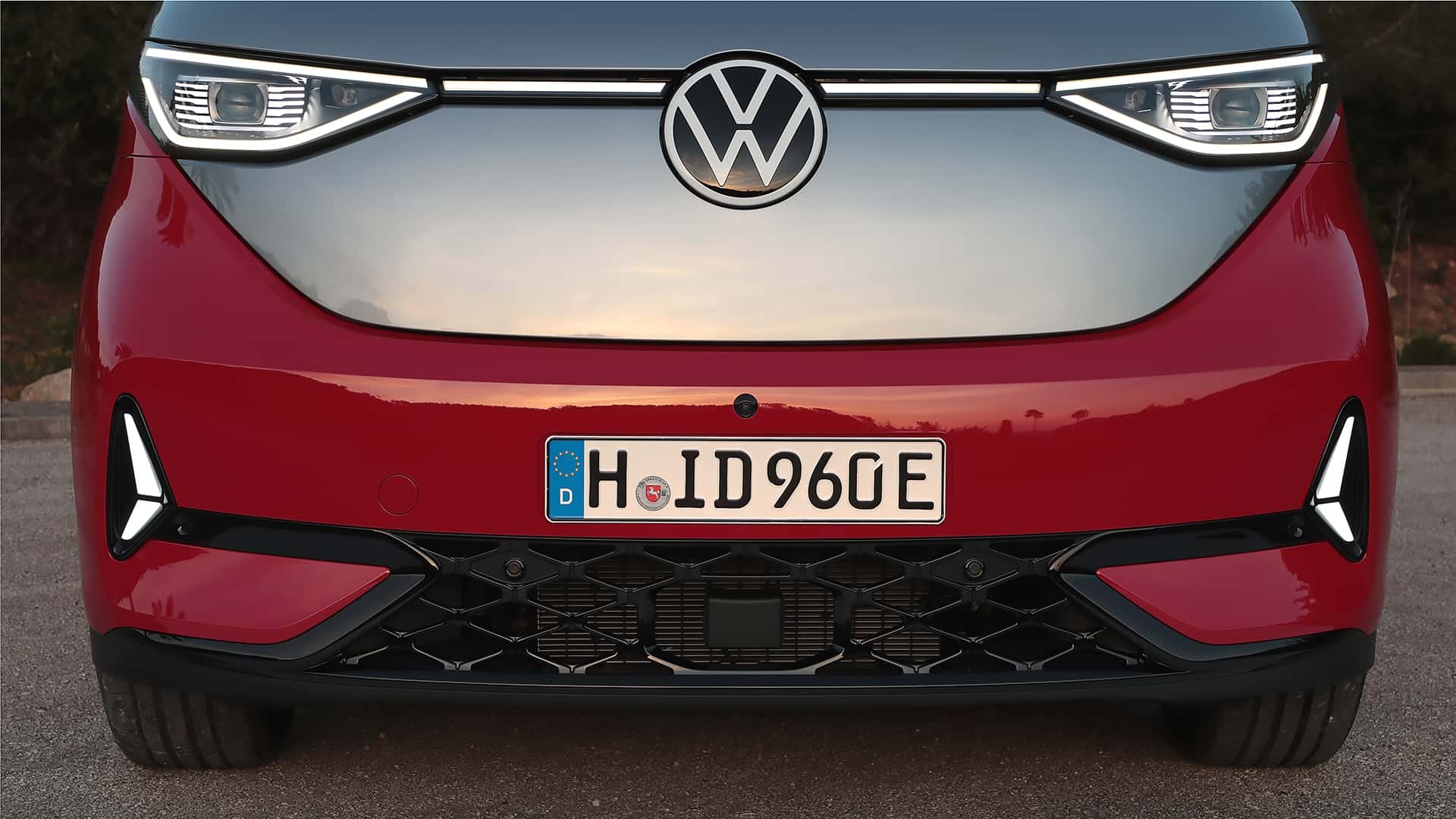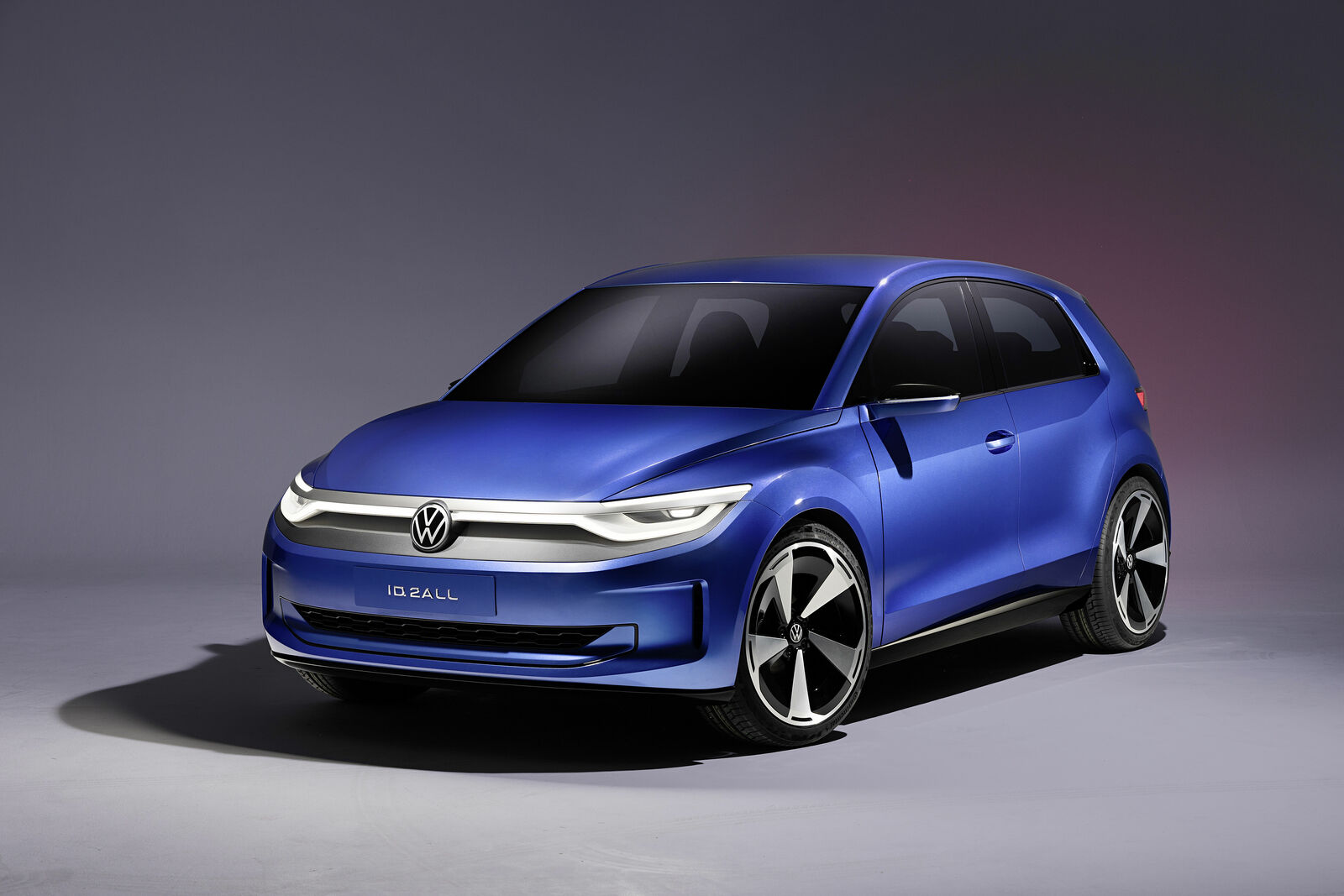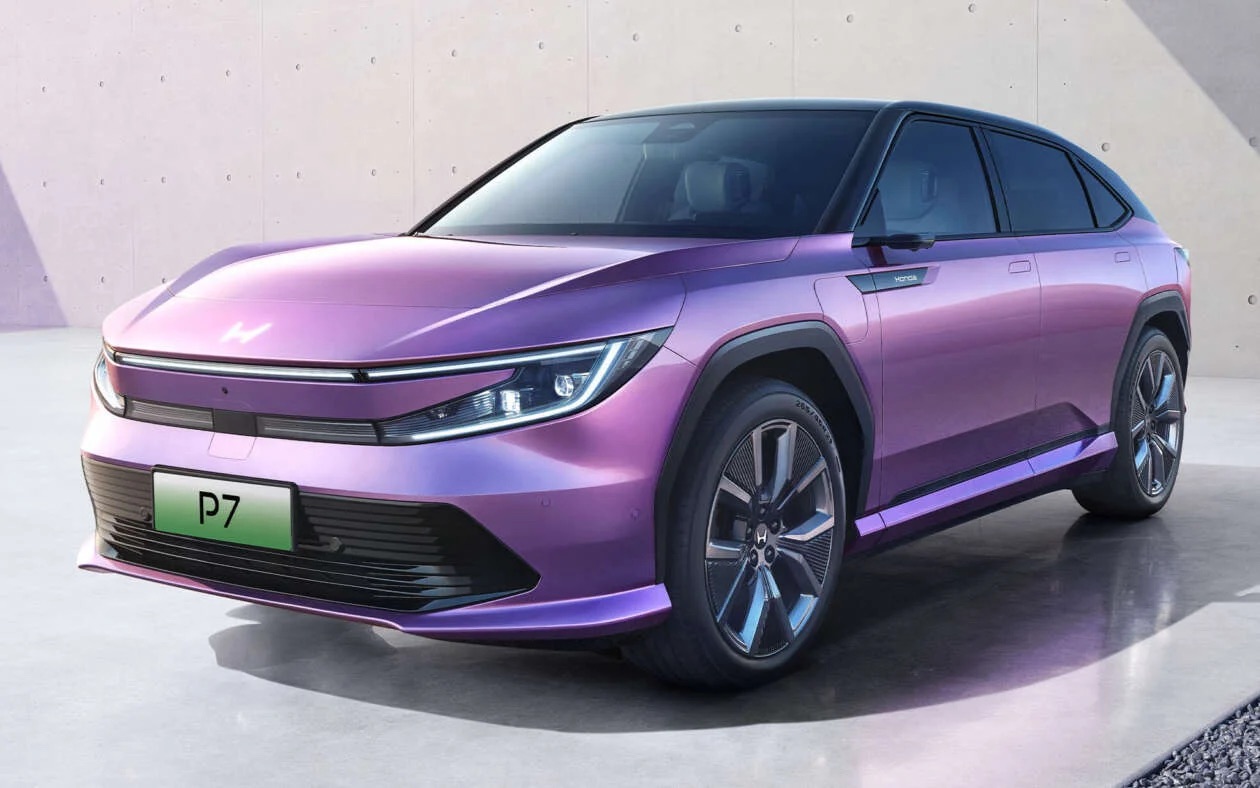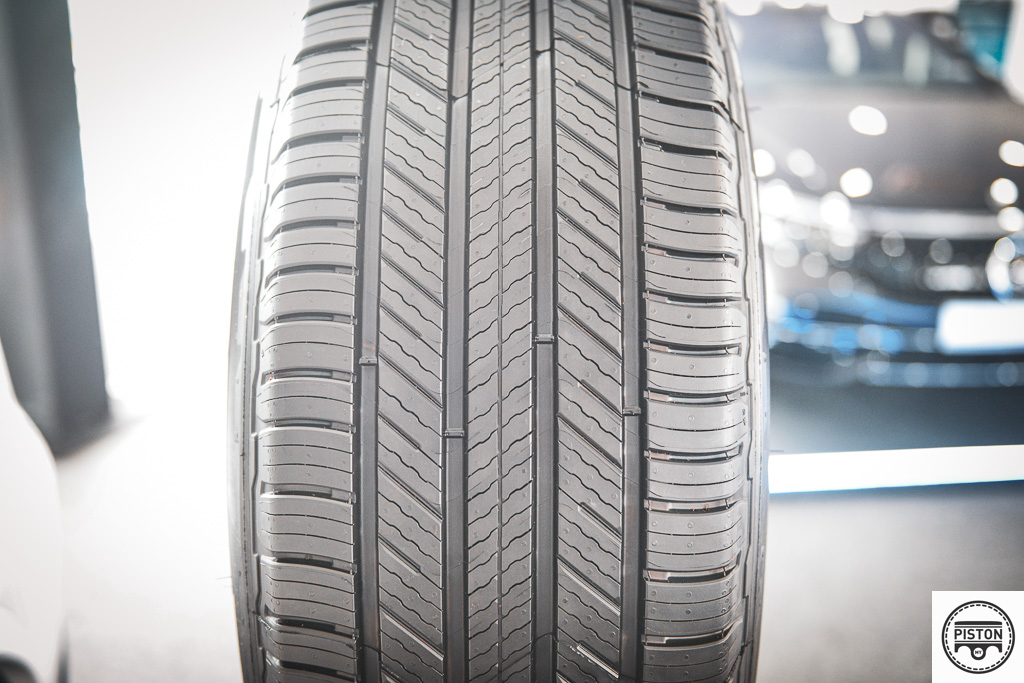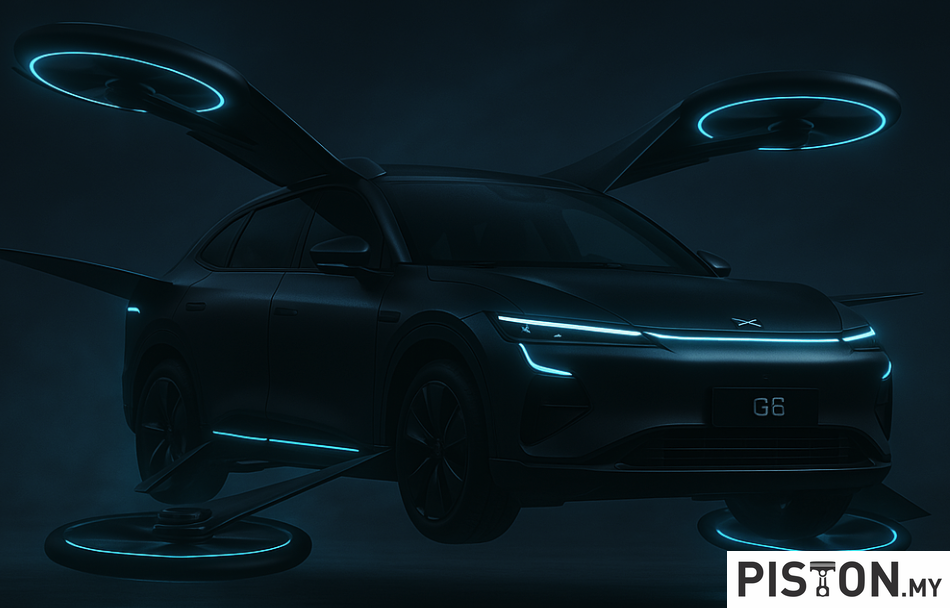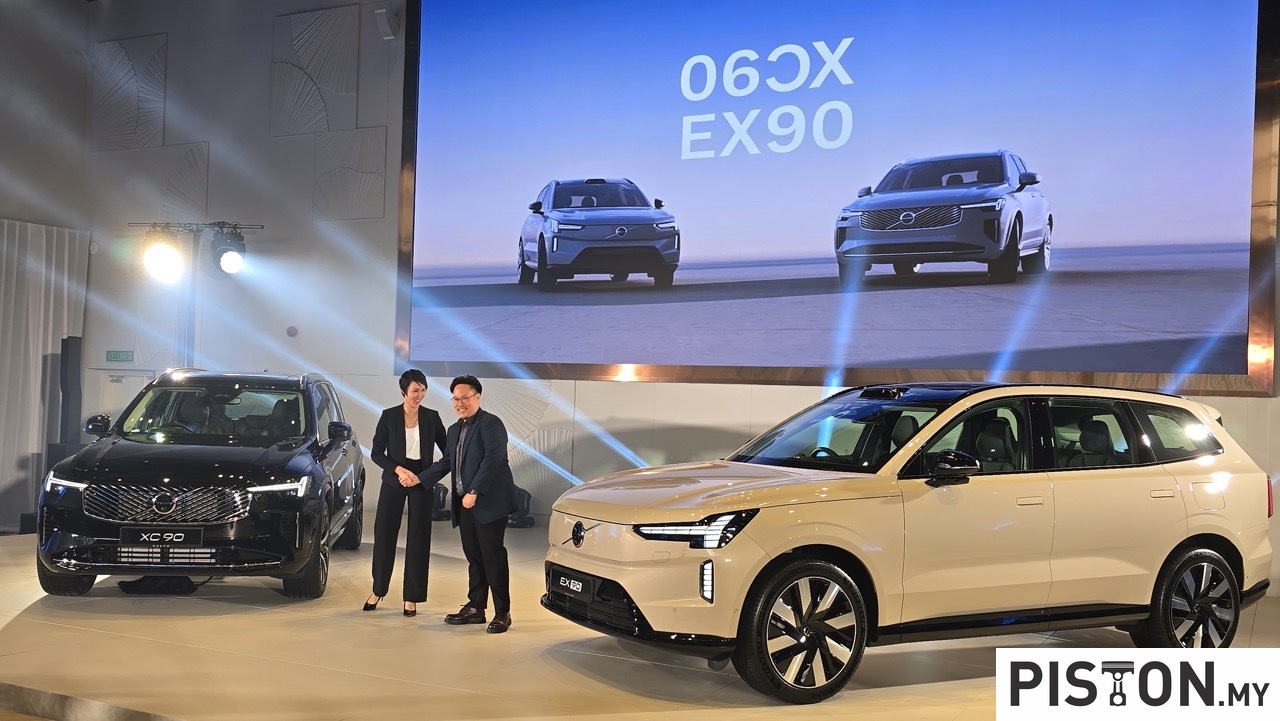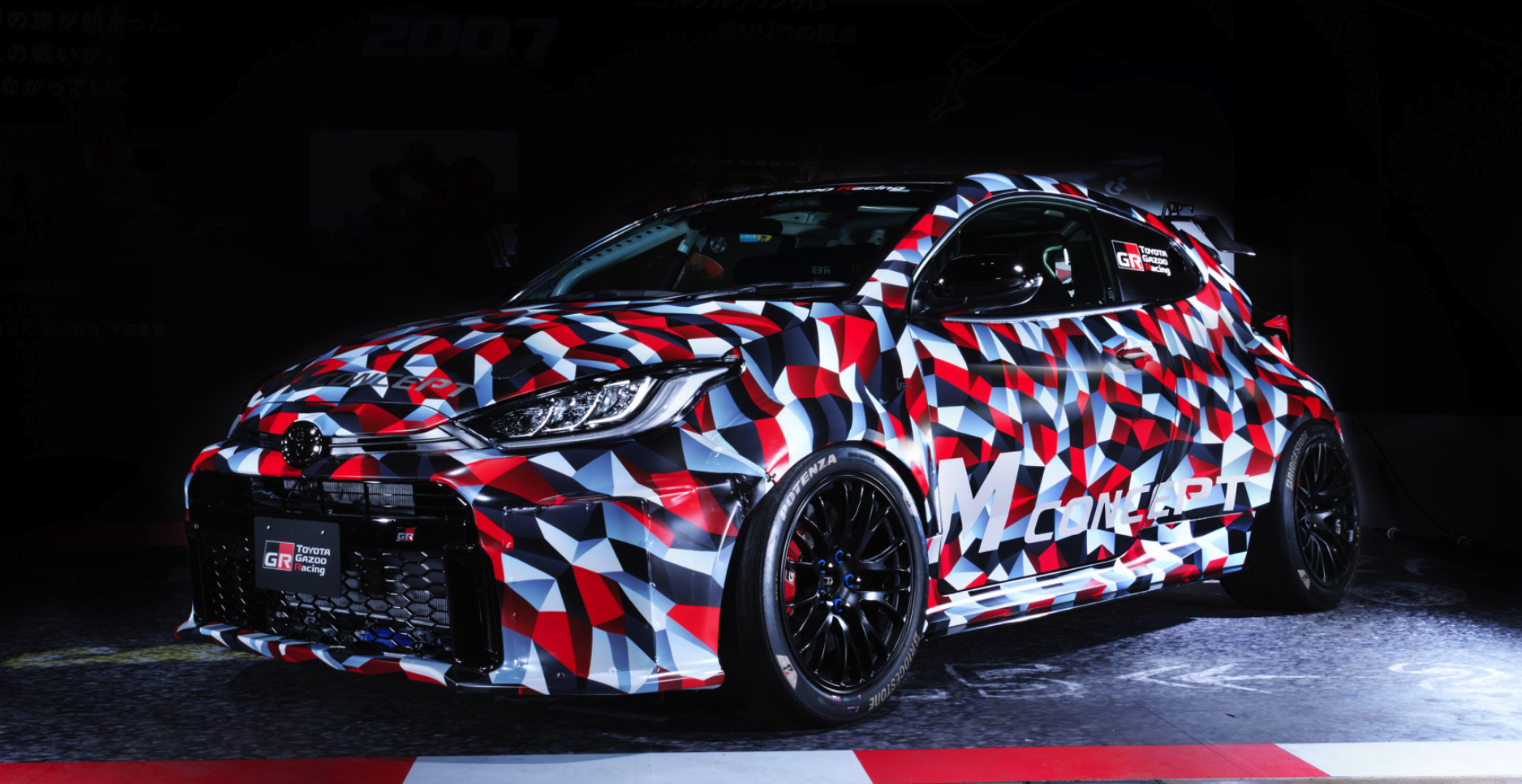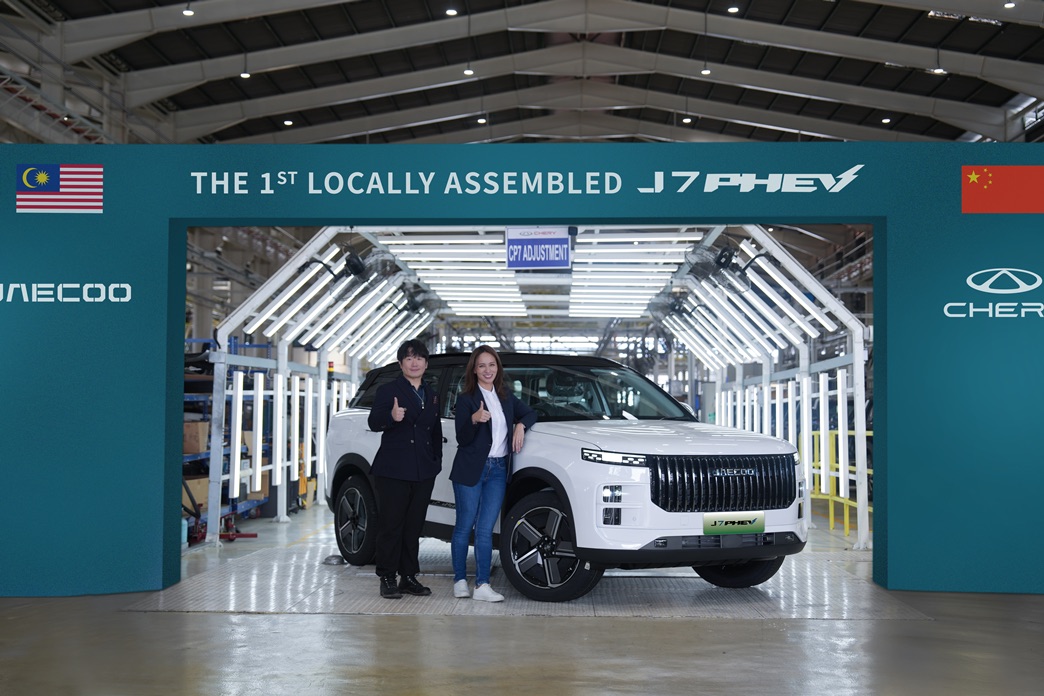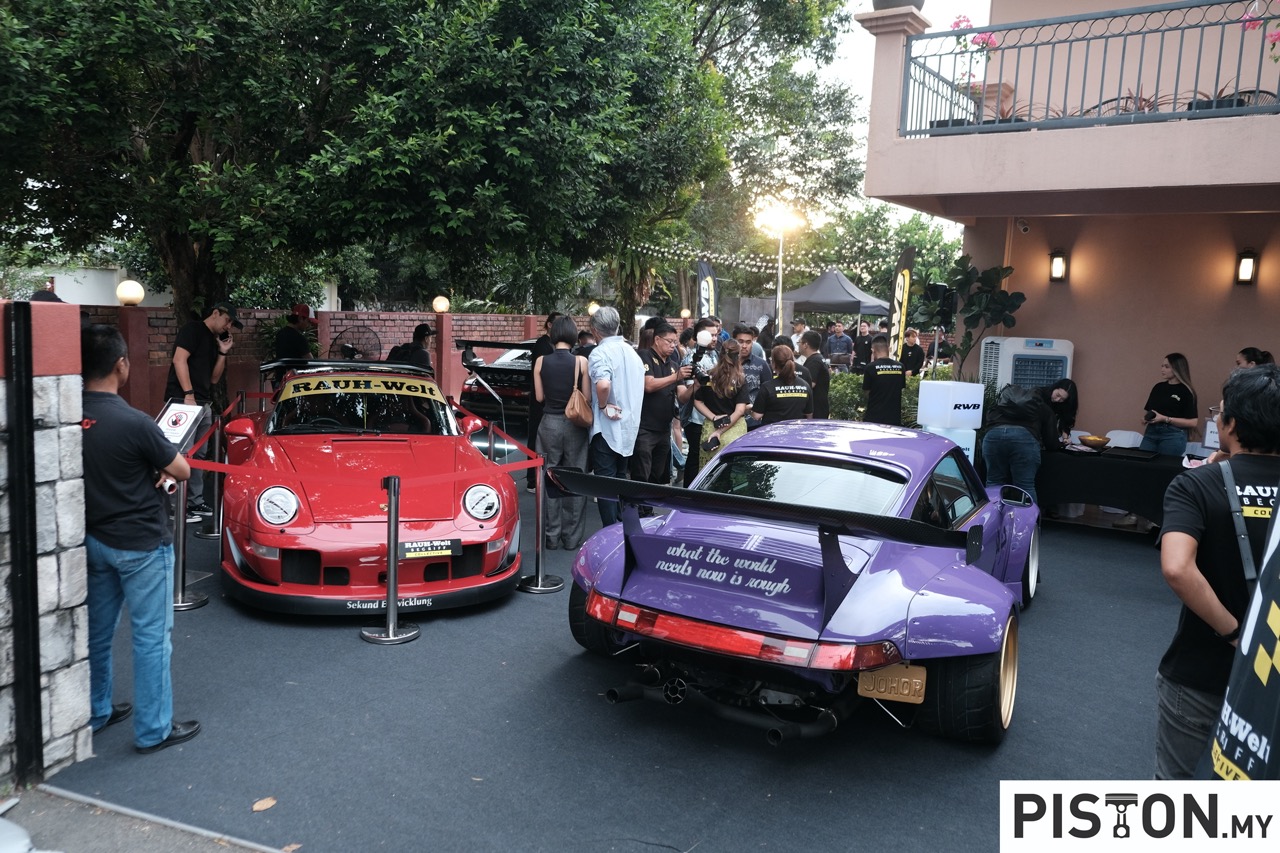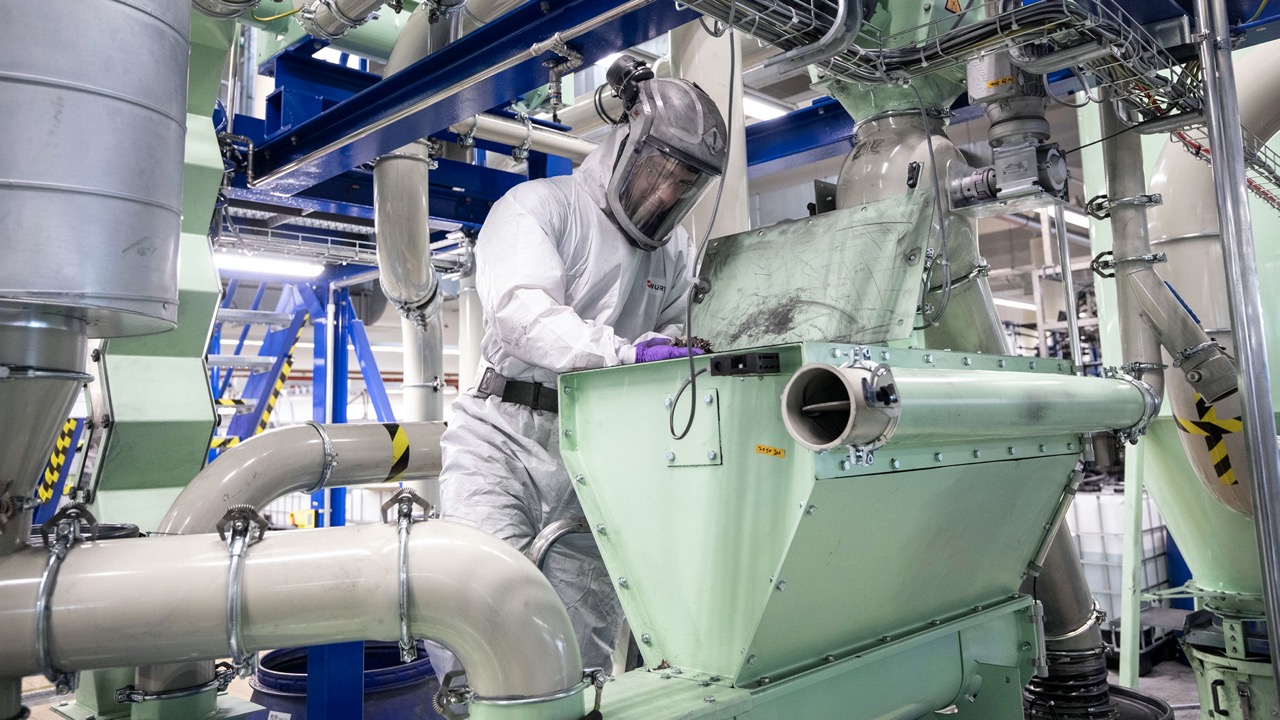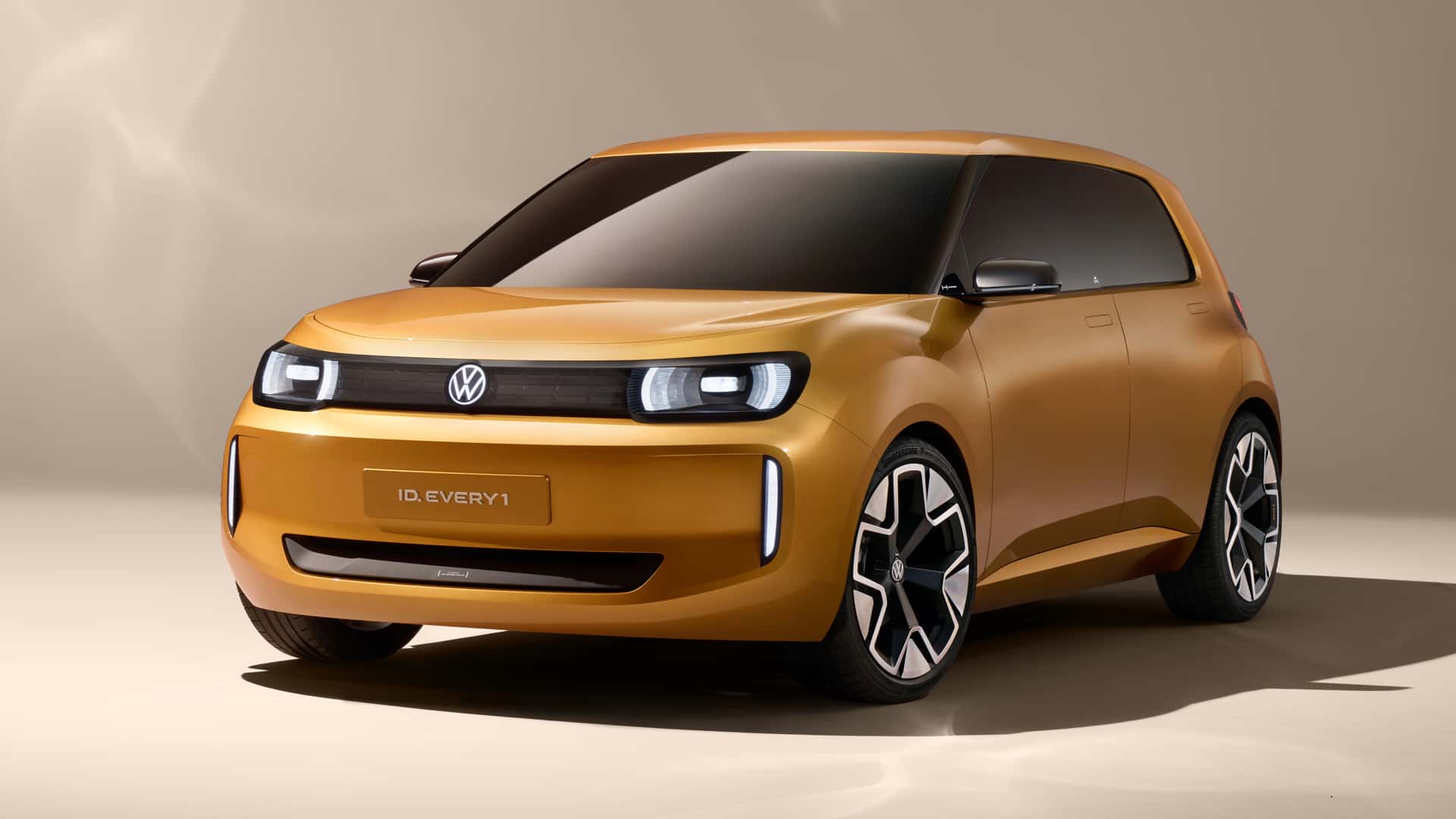It’s a turbulent period for German automaker Volkswagen as it contends with major economic pressures. In North America, management reshuffles have dominated headlines, while globally, the company is implementing plant closures, wage reductions, and layoffs to save billions of dollars. Despite these hurdles, Volkswagen is charting a path forward, starting with significant updates to its electric vehicle (EV) lineup and platforms.
Revamping the Electric Future
At the LA Auto Show, Volkswagen’s Head of Research & Development, Kai Grünitz, outlined the company’s roadmap for a revamped all-electric lineup. Central to this effort is the Modular Electric (MEB) platform, which underpins models such as the ID.4 and the recently launched ID. Buzz van. Grünitz promised “huge improvements” to the platform, including a fresh design language that aims to bring the brand closer to its roots and revive its appeal.
The first step in this journey is the production-ready ID.2all, a compact EV concept unveiled in 2023. Initially slated for a 2025 release, economic challenges and a slowdown in EV demand have cast uncertainty over its launch schedule. Nonetheless, Volkswagen remains committed to the ID.2all as part of the updated MEB platform, with an accompanying SUV model expected to debut at the Munich Motor Show in September 2025.
Volkswagen has partnered with Rivian to develop new EV software, signaling its commitment to technological innovation as part of this overhaul.
Hybrid Innovations and ICE Continuation
While EVs dominate Volkswagen’s future plans, the company is not abandoning internal combustion engines (ICE). Upcoming European emissions regulations will reduce ICE offerings, but Volkswagen is exploring mild hybrid options to fill the gap. Grünitz also hinted at the potential for full hybrid variants on the Scalable Systems Platform (SSP), an architecture designed to support a wide range of vehicles.
The SSP, however, faces delays. Originally set for a 2026 debut, its launch has been postponed due to software issues and a shift in focus toward enhancing the MEB platform. SSP’s goal is to make EVs more affordable and profitable by standardising components across various vehicle sizes and types.
In North America, hybrids remain a consideration. Despite the absence of hybrid options in the 2025 Tiguan, Mark Gilles, Volkswagen Group of America’s Director of Public Relations and Reputation, noted that arriving later to the hybrid market might ultimately be advantageous.
ICE-Platform Longevity
Volkswagen’s ICE-friendly MQB platform, which underpins models like the Golf GTI and Golf R, will continue to play a vital role. The launch of the third-generation Tiguan further extends MQB’s lifespan, with no retirement date in sight. Grünitz highlighted that the enduring popularity of gasoline-powered vehicles ensures their continued production, at least for now.
Looking Ahead
Volkswagen’s dual strategy of refining its EV lineup and maintaining ICE models reflects its adaptation to shifting market dynamics. With a fresh design language, innovative partnerships, and a focus on cost-effective platforms, the automaker is determined to overcome its current challenges and secure its place in a competitive automotive landscape.




